Hangzhou: A Tapestry of History, Culture, and Modernity on China’s Map
Related Articles: Hangzhou: A Tapestry of History, Culture, and Modernity on China’s Map
Introduction
In this auspicious occasion, we are delighted to delve into the intriguing topic related to Hangzhou: A Tapestry of History, Culture, and Modernity on China’s Map. Let’s weave interesting information and offer fresh perspectives to the readers.
Table of Content
Hangzhou: A Tapestry of History, Culture, and Modernity on China’s Map
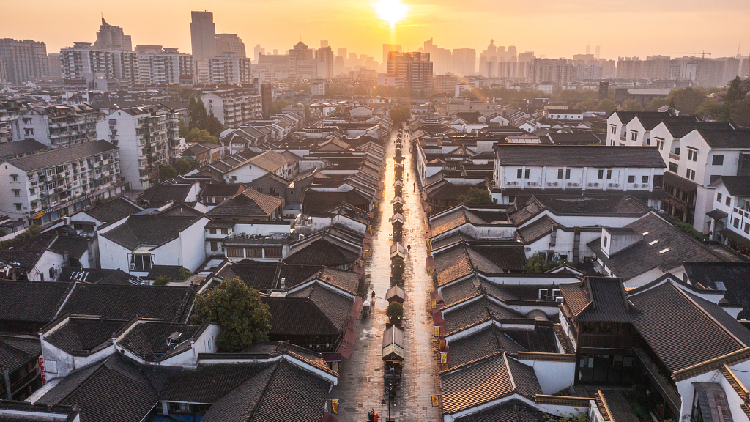
Nestled amidst the picturesque landscapes of Zhejiang Province in eastern China, Hangzhou stands as a vibrant metropolis, seamlessly blending ancient heritage with modern dynamism. This captivating city, renowned for its natural beauty, rich history, and thriving economy, has become a prominent destination for tourists, businesspeople, and cultural enthusiasts alike.
A Journey Through Time: Exploring Hangzhou’s Historical Significance
Hangzhou boasts a history that stretches back over 2,000 years, with its roots firmly planted in the ancient Wu Kingdom. The city’s strategic location along the Grand Canal, a vital waterway connecting northern and southern China, propelled it to prominence as a major trading hub during the Sui and Tang dynasties. This period saw the city flourish as a cultural center, attracting scholars, artists, and merchants from across the land.
The Legacy of the Southern Song Dynasty:
Hangzhou’s historical significance reached its zenith during the Southern Song Dynasty (1127-1279). As the capital of the dynasty, the city witnessed a golden age of cultural and economic prosperity. This era saw the construction of iconic landmarks such as the West Lake, the Leifeng Pagoda, and the Lingyin Temple, which continue to captivate visitors today.
A Glimpse into Hangzhou’s Rich Cultural Tapestry:
Hangzhou’s cultural heritage is deeply intertwined with its historical past. The city is renowned for its traditional arts and crafts, including silk weaving, tea production, and the art of calligraphy. The West Lake, a UNESCO World Heritage Site, serves as a focal point for cultural activities, including traditional performances, art exhibitions, and scenic boat rides.
Modern Hangzhou: A City on the Rise
While Hangzhou proudly cherishes its historical legacy, it also embraces a forward-looking vision. The city has emerged as a thriving economic hub, driven by its burgeoning technology sector, particularly in e-commerce and digital innovation. The presence of Alibaba Group, China’s e-commerce giant, has solidified Hangzhou’s position as a global center for digital commerce.
Exploring Hangzhou’s Iconic Landmarks:
Hangzhou’s allure lies not only in its historical significance but also in its breathtaking natural beauty and iconic landmarks.
- West Lake: This scenic lake, surrounded by lush hills and dotted with temples, pagodas, and gardens, is the heart and soul of Hangzhou. It offers a tranquil escape from the city’s hustle and bustle, providing opportunities for leisurely walks, boat rides, and breathtaking views.
- The Leifeng Pagoda: This iconic pagoda, located on the southern shore of West Lake, is a symbol of Hangzhou’s rich history. It was originally built in 877 AD but was destroyed and rebuilt several times. The current pagoda, constructed in 1999, stands as a testament to the city’s resilience and cultural heritage.
- Lingyin Temple: This ancient Buddhist temple, nestled in the lush hills west of West Lake, is a place of tranquility and spiritual reflection. It boasts intricate carvings, towering pagodas, and serene gardens, attracting devotees and tourists alike.
- The Grand Canal: As a vital waterway connecting northern and southern China, the Grand Canal played a crucial role in Hangzhou’s historical development. Today, it serves as a scenic route for boat trips and offers a glimpse into the city’s past.
- The Tea Plantation Hills: Hangzhou is renowned for its Longjing (Dragon Well) tea, a prized variety grown in the surrounding hills. Visiting the tea plantations offers a unique opportunity to learn about the history and production of this iconic Chinese beverage.
Beyond the Landmarks: Unveiling Hangzhou’s Cultural Delights
Hangzhou offers a myriad of cultural experiences beyond its iconic landmarks.
- Silk Weaving: Hangzhou has a long tradition of silk weaving, dating back to ancient times. Visitors can explore workshops and museums dedicated to this craft, witnessing the intricate process of silk production firsthand.
- Tea Culture: The city is renowned for its tea culture, with numerous teahouses offering a variety of traditional Chinese teas. Visitors can immerse themselves in this cultural tradition, enjoying a cup of tea while learning about its history and significance.
- Calligraphy and Painting: Hangzhou has a rich tradition of calligraphy and painting, with numerous art galleries and museums showcasing works by renowned Chinese artists. Visitors can admire the beauty and artistry of these traditional forms of expression.
- Traditional Performances: Hangzhou hosts a variety of traditional performances, including opera, dance, and music. These performances offer a glimpse into the city’s vibrant cultural heritage and provide a unique cultural experience.
Hangzhou: A Gateway to the Zhejiang Province
Hangzhou serves as a gateway to the picturesque Zhejiang Province, known for its stunning natural landscapes, charming villages, and vibrant culture.
- The Thousand Island Lake: Located in the western part of the province, this scenic lake is renowned for its numerous islands, offering opportunities for boat trips, hiking, and fishing.
- The Putuoshan Island: This island, located off the coast of Zhejiang, is a sacred Buddhist pilgrimage site, known for its temples, pagodas, and breathtaking coastal scenery.
- The Ancient Villages of Xidi and Hongcun: These charming villages, located in the mountainous region of Anhui Province, are renowned for their traditional architecture, cobblestone streets, and picturesque landscapes.
FAQs about Hangzhou:
Q: What is the best time to visit Hangzhou?
A: The best time to visit Hangzhou is during spring (March-May) and autumn (September-November) when the weather is pleasant and the scenery is at its most beautiful.
Q: How do I get to Hangzhou?
A: Hangzhou is easily accessible by air, rail, and road. The city has an international airport (Hangzhou Xiaoshan International Airport) and is well-connected to major cities in China by high-speed rail.
Q: How long should I stay in Hangzhou?
A: To fully experience Hangzhou’s attractions and culture, it is recommended to stay for at least 3-4 days.
Q: What are some must-see attractions in Hangzhou?
A: Some must-see attractions in Hangzhou include West Lake, the Leifeng Pagoda, Lingyin Temple, the Grand Canal, and the tea plantation hills.
Q: What are some local delicacies to try in Hangzhou?
A: Some local delicacies to try in Hangzhou include West Lake Fish in Vinegar Sauce, Longjing Tea, and Hangzhou Steamed Dumplings.
Q: What are some tips for visiting Hangzhou?
A:
- Learn a few basic Chinese phrases: This will make your interactions with locals much smoother.
- Download a translation app: This will come in handy for navigating the city and communicating with people who don’t speak English.
- Be prepared for crowds: Hangzhou is a popular tourist destination, so expect crowds, especially during peak season.
- Wear comfortable shoes: You’ll be doing a lot of walking, so make sure you have comfortable shoes.
- Bring a camera: Hangzhou offers numerous photo opportunities, so don’t forget to bring your camera.
Conclusion:
Hangzhou, a city where history meets modernity, offers a captivating blend of cultural richness, natural beauty, and economic dynamism. From its iconic landmarks and vibrant cultural scene to its thriving business sector, Hangzhou provides a unique and unforgettable travel experience. Its rich history, diverse culture, and breathtaking landscapes make it a destination that captivates the imagination and leaves a lasting impression. Whether you are seeking cultural immersion, scenic beauty, or a glimpse into China’s rapid economic growth, Hangzhou offers something for everyone.
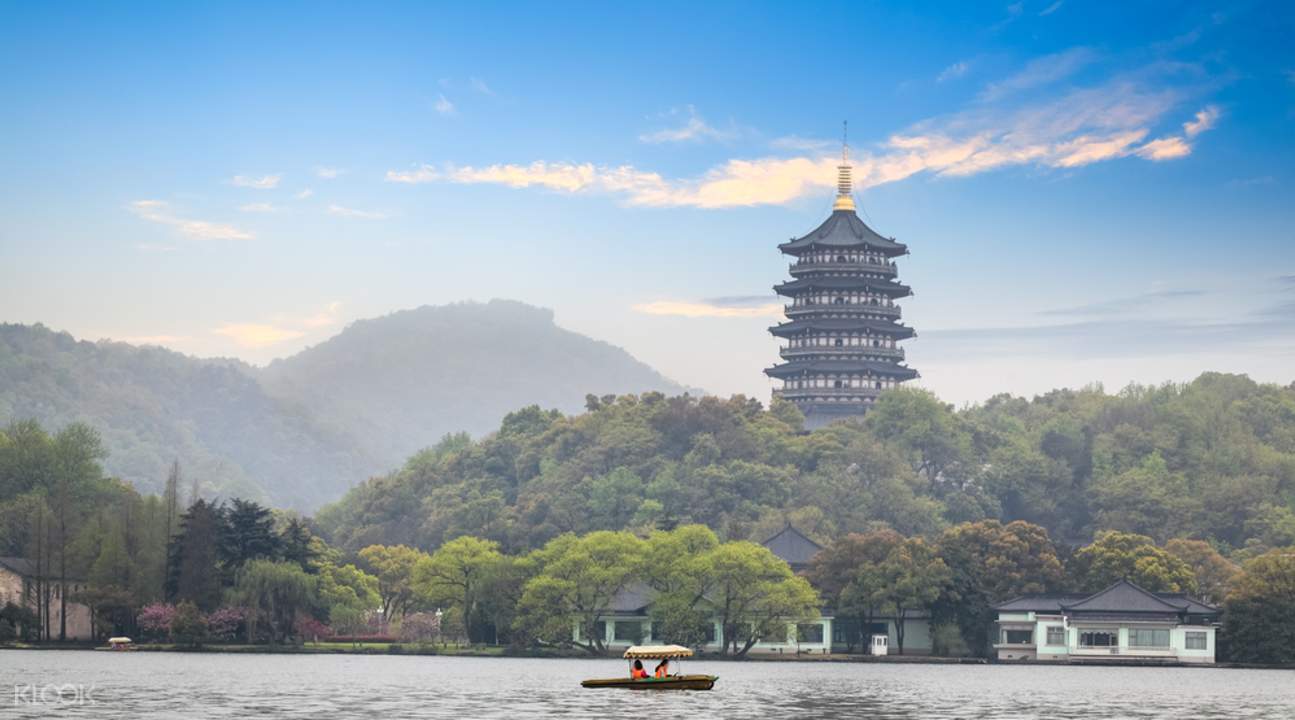
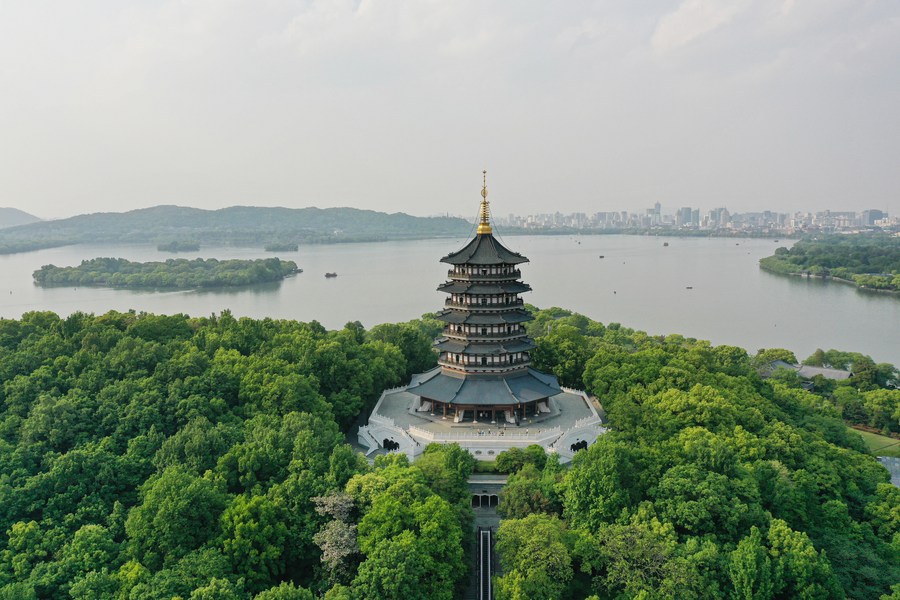
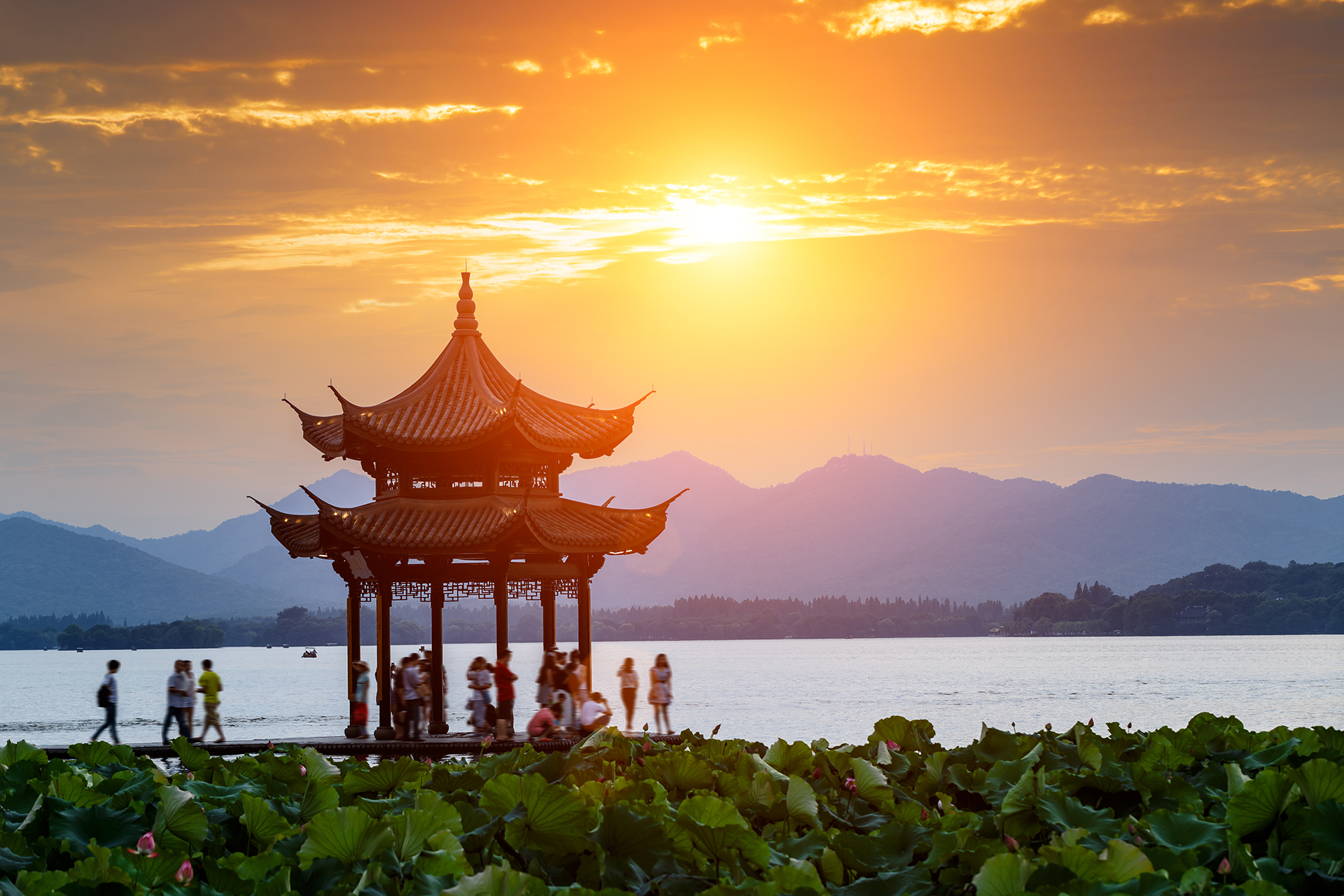



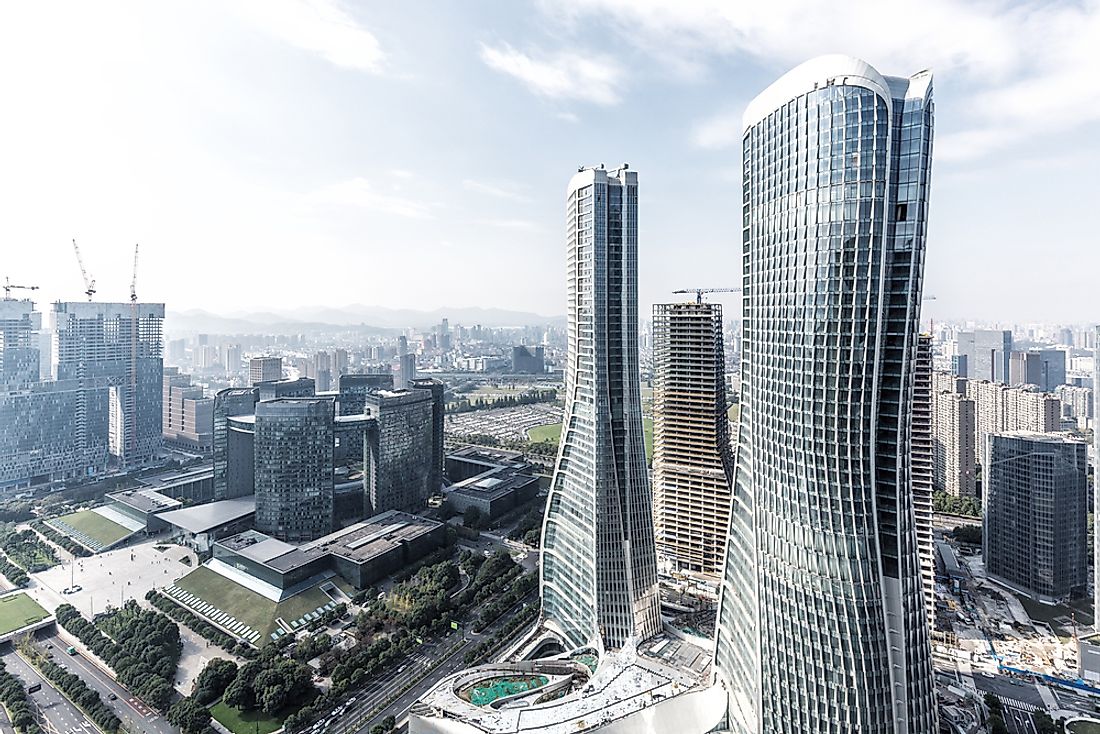
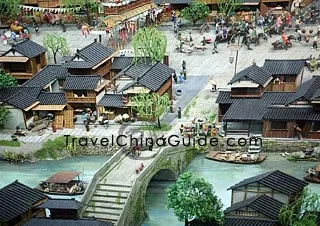
Closure
Thus, we hope this article has provided valuable insights into Hangzhou: A Tapestry of History, Culture, and Modernity on China’s Map. We appreciate your attention to our article. See you in our next article!